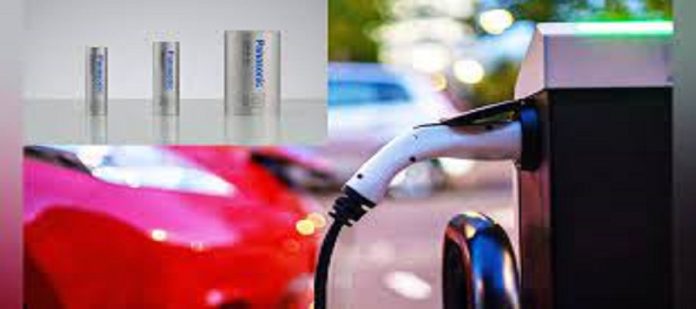In response to regulatory initiatives, the urgent call for environmental sustainability, and the widespread electrification wave in the consumer car market, Panasonic Energy and battery materials company Sila have inked a commercial agreement. This collaboration focuses on Sila’s groundbreaking nano-composite silicon anode, known as Titan Silicon, which is set to revolutionize electric vehicle (EV) performance.
Key Highlights of the Partnership:
- Panasonic Energy and Sila sign a commercial agreement for Sila’s Titan Silicon, a nano-composite silicon anode.
- The resulting battery is expected to boost EV performance, extend vehicle range, and reduce charging times.
- Sila’s Titan Silicon promises a 20% increase in EV range, with the potential for further gains in the future.
- Sila aims to drive charging times down to just 10 minutes with its nano-composite silicon technology.
- Panasonic Energy plans to increase the global production capacity of automotive batteries to 200 GWh by FY2030/2031.
Sila’s Titan Silicon, produced in its plant in Moses Lake, Wash., will be optimized for Panasonic’s next-generation lithium-ion batteries. This collaboration aligns with Panasonic Energy’s ambitious goal of achieving a volumetric energy density of 1000 Wh/L by FY2030/2031.
Shoichiro Watanabe, Executive Vice President of Panasonic Energy, expressed optimism about the partnership, stating, “By integrating Sila’s groundbreaking battery material with our advanced cell manufacturing capabilities, we believe that we can address concerns such as range anxiety and charging time and contribute to accelerating the adoption of EVs.”
Gene Berdichevsky, Co-founder and CEO of Sila called the partnership a significant milestone, emphasizing its role in accelerating consumer EV adoption. Sila, a pioneer in next-gen battery materials, previously signed a supply agreement with Mercedes Benz in 2022, marking a crucial step in supporting EVs, starting with the Mercedes-Benz G-Class series scheduled for 2025.
Titan Silicon’s 20% higher energy density, coupled with reduced charging times, offers a competitive edge in the EV market. Sila’s nano-composite silicon addresses the longstanding issue of swelling associated with silicon anodes, ensuring stability and safety for commercial applications.
Panasonic Energy plans to replace more graphite in the anode with silicon, aiming for a 25% increase in battery energy density by 2031. The company, known for supplying batteries to Tesla, is actively expanding its production capabilities with construction underway for a new plant in Kansas.
This groundbreaking partnership between Panasonic Energy and Sila signifies a pivotal moment in the pursuit of enhancing EV technology, promising improved performance and sustainability for the growing electric vehicle market.








